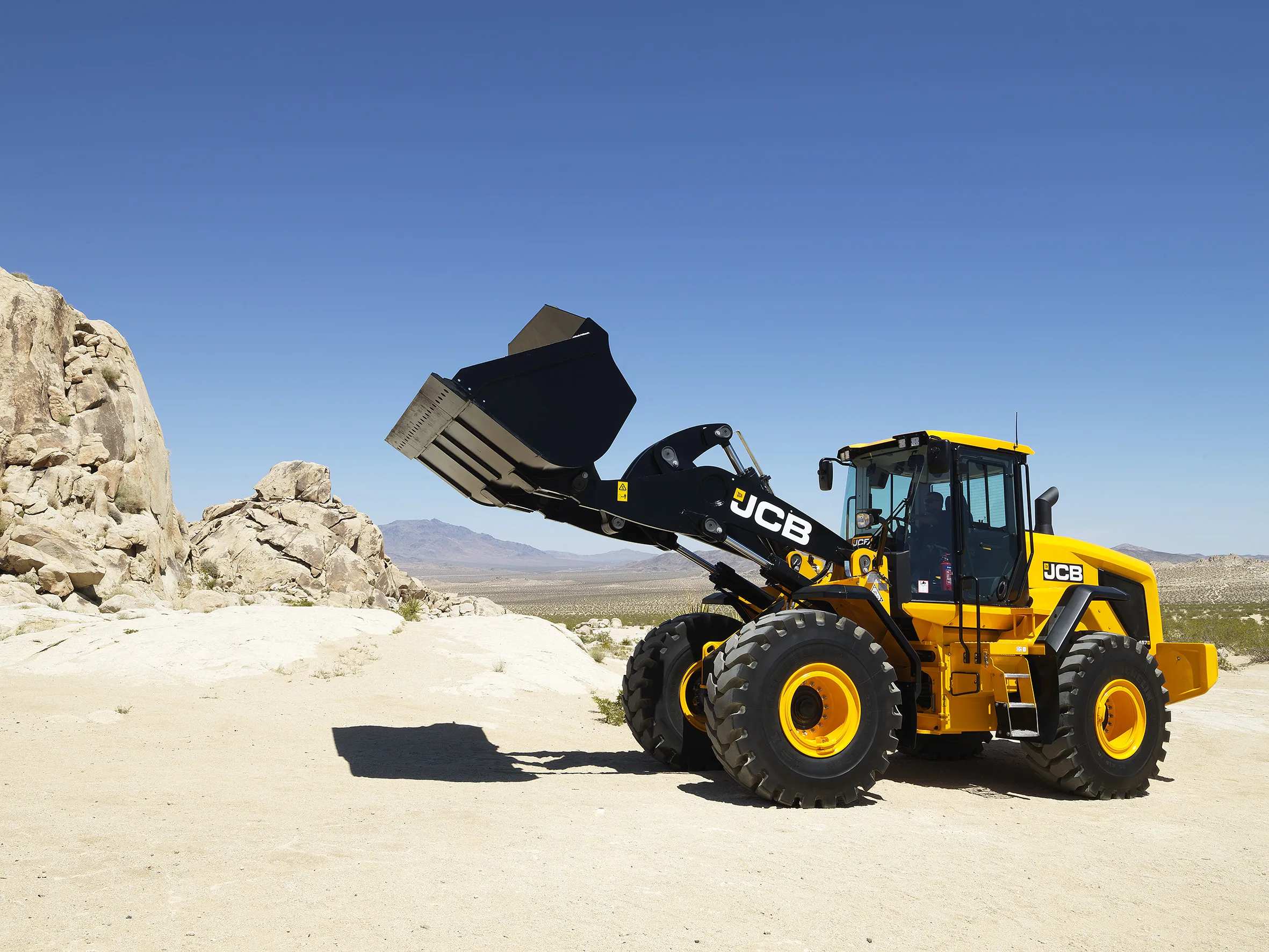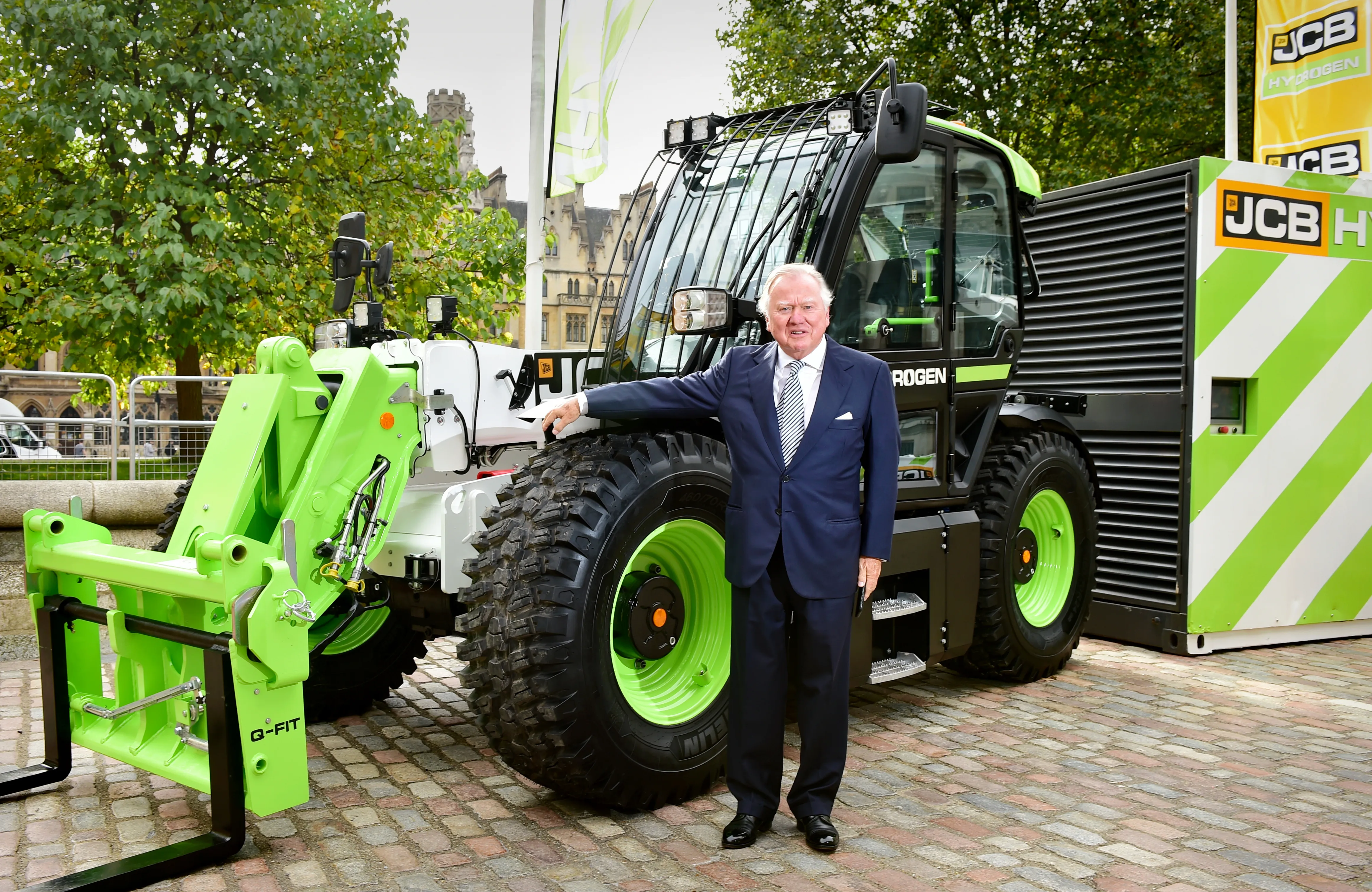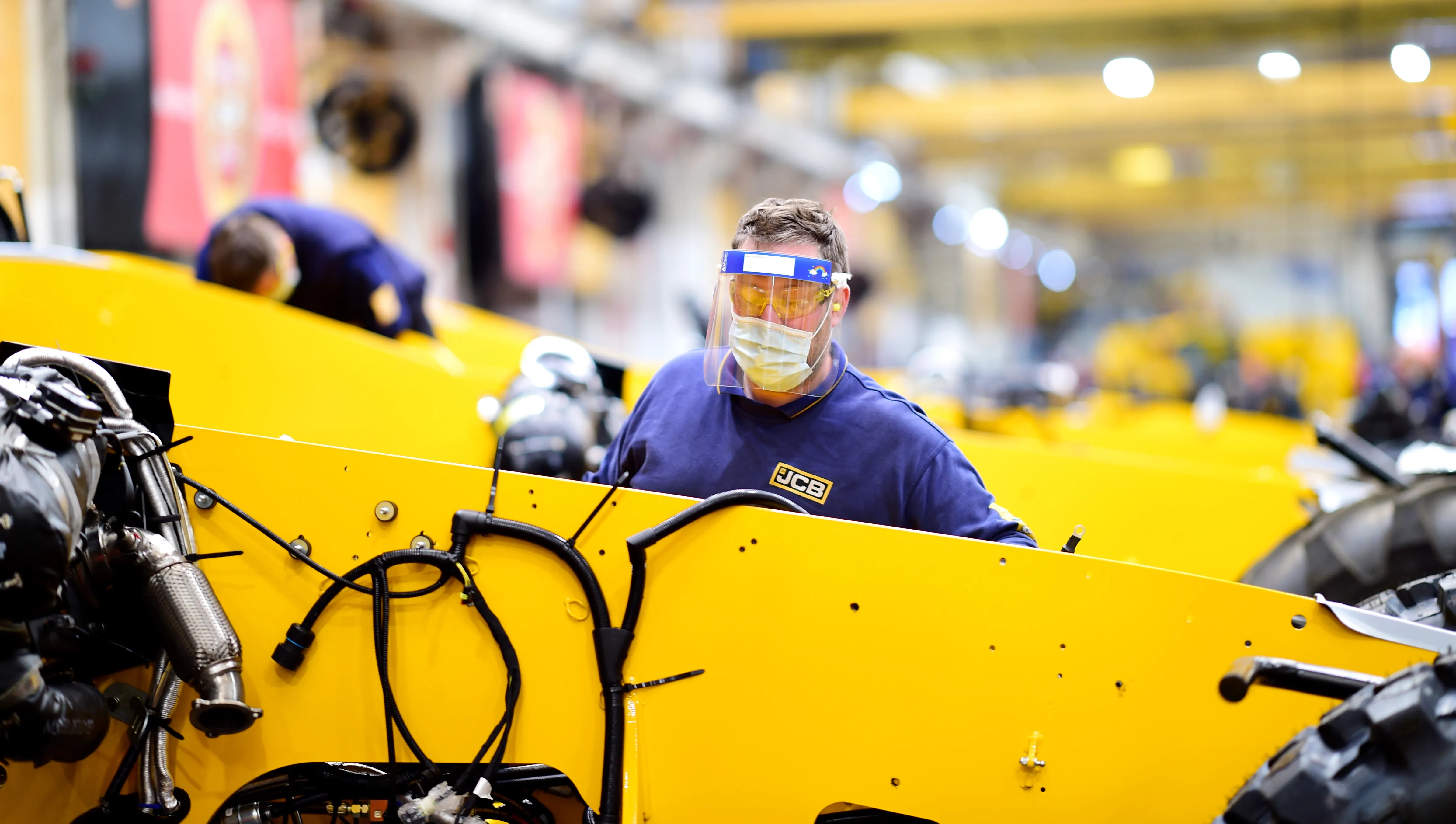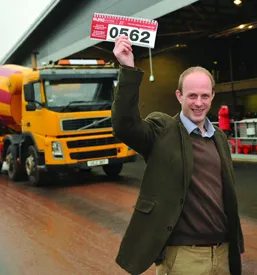UK equipment manufacturer JCB is bullish and reports strong sales, despite difficult trading conditions. The company claims that its sales for 2013 are the third highest it has achieved, since the firm was established 68 years ago. Earnings stood at €383.7 million on an EBITDA basis, compared with €447.4 million for 2012. Meanwhile turnover reached €3.28 billion, close to the €3.31 billion achieved for 2012 and machine unit sales stood hit 66,227, compared with 69,250 for the previous year. JCB Chairman Lor
May 12, 2014
Read time: 2 mins

UK equipment manufacturer 255 JCB is bullish and reports strong sales, despite difficult trading conditions. The company claims that its sales for 2013 are the third highest it has achieved, since the firm was established 68 years ago. Earnings stood at €383.7 million on an EBITDA basis, compared with €447.4 million for 2012. Meanwhile turnover reached €3.28 billion, close to the €3.31 billion achieved for 2012 and machine unit sales stood hit 66,227, compared with 69,250 for the previous year. JCB Chairman Lord Bamford said, “The global market for construction equipment was more challenging throughout 2013 but I am delighted that, despite difficult market conditions, JCB delivered a strong performance and achieved the third highest profit in its history. Turnover remained virtually unchanged year-on-year but volume and earnings were adversely affected by a slowdown in emerging markets, notably India, where JCB has a strong presence. This was further compounded by adverse currency movements in some economies. Turnover growth in the UK, Middle East and Africa during 2013 helped to offset reductions in India, Europe and the Far East.”
He continued, “2014 has got off to a mixed start. Some markets are showing improvement, with stronger demand in the more developed markets of the UK and North America, which is offsetting weaker demand in the more fragile economies of Asia, Latin America and Russia. Political uncertainty created by elections in India and Brazil is also having an impact on markets.”
JCB is forging ahead with long-term plans to increase capacity globally, with the company’s latest Indian plant in Jaipur starting production in May. In the UK, JCB is pressing ahead with a plan to expand operations in Staffordshire, creating an additional 2,500 jobs by 2018, with work due to start later this year on a new plant for JCB Cab Systems in Uttoxeter. A new factory will also be built in Cheadle, Staffordshire.
He continued, “2014 has got off to a mixed start. Some markets are showing improvement, with stronger demand in the more developed markets of the UK and North America, which is offsetting weaker demand in the more fragile economies of Asia, Latin America and Russia. Political uncertainty created by elections in India and Brazil is also having an impact on markets.”
JCB is forging ahead with long-term plans to increase capacity globally, with the company’s latest Indian plant in Jaipur starting production in May. In the UK, JCB is pressing ahead with a plan to expand operations in Staffordshire, creating an additional 2,500 jobs by 2018, with work due to start later this year on a new plant for JCB Cab Systems in Uttoxeter. A new factory will also be built in Cheadle, Staffordshire.








